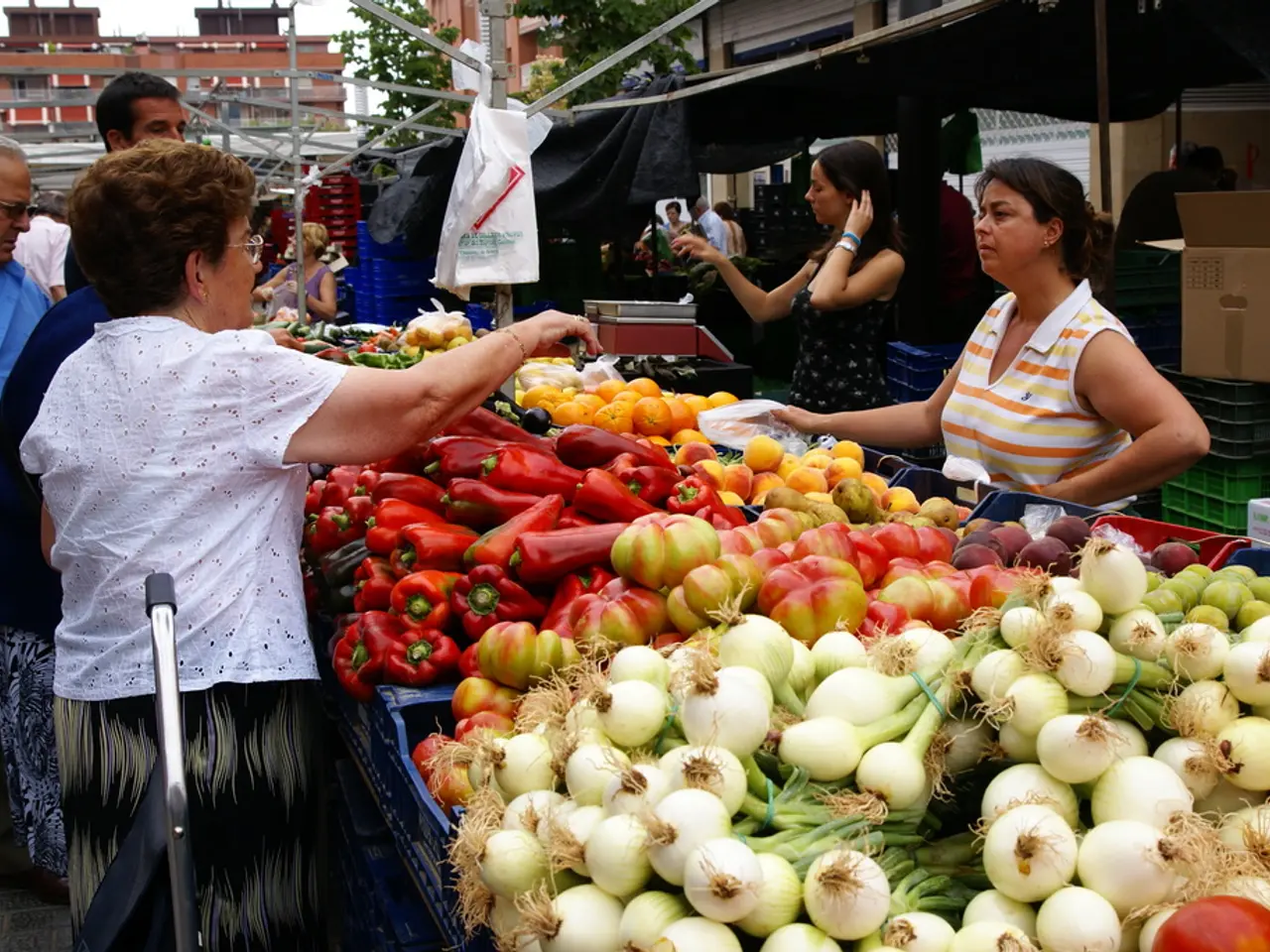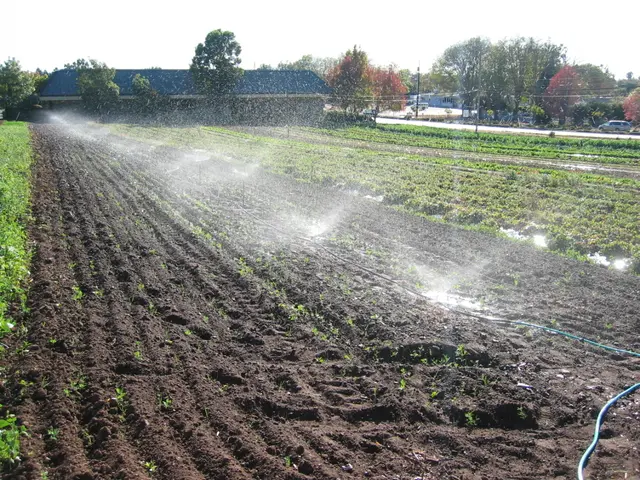Uncertainty Persists over the Approval of the UN Convention Regarding Plastic Waste
The fifth session of the Intergovernmental Negotiating Committee (INC-5.2) in Geneva aimed to reach a global agreement on a plastic waste treaty, but the talks ended in a stalemate after 10 days of negotiations. The divide between a "coalition of the willing" — more than 100 countries seeking stricter measures — and raw material producing countries, including the United States and others like Saudi Arabia, Iran, and Russia, has prevented consensus on the draft treaty text.
The "coalition of the willing" is pushing for an ambitious, legally binding treaty that addresses the entire lifecycle of plastics, from design and production to disposal, with the goal of promoting a circular plastics economy. On the other hand, raw material producing countries have resisted strict production caps, leading to the deadlock.
The negotiations involved over 2,600 participants, including 1,400 delegates from 183 countries, indicating the broad international commitment to find a solution. However, the process has been criticized by some, with a German representative of the environmental foundation WWF, Florian Titze, stating that the process in Geneva is becoming a farce.
Despite the absence of agreement, all nations involved expressed a strong desire to remain engaged and continue the negotiation process. The chairperson of the negotiations, Luis Vayas Valdivieso, did not present a new compromise proposal for the contract text on Thursday. Instead, he spent the day in a small circle with around a dozen countries, trying to draft a new text.
The main dispute revolves around limiting plastic production, with countries aiming to phase out single-use plastics and promote sustainable alternatives, facing resistance from those with raw materials for plastic production. If an agreement is reached, the text would need to be signed at a later diplomatic conference, and even then, it could take several years to come into force once ratified in national parliaments.
The stalled negotiations highlight the urgency of addressing plastic pollution, which affects oceans, the environment, and air, posing risks to human health and wildlife. The WWF has called on countries like Germany and those wanting an ambitious contract to form a "coalition of the willing" for new negotiations outside UN efforts. A compromise on the lowest common denominator, according to Titze, is not a solution for the global plastic crisis.
Unofficially, there has been some movement in the discussions, with countries showing willingness to find common ground. As the negotiations continue, the hope remains that a renewed consensus and momentum will be achieved, leading to a comprehensive and ambitious global plastic waste agreement.
- The "coalition of the willing" is advocating for an environmental-science focused policy-and-legislation, aiming to establish a legally binding treaty that encompasses climate-change considerations, as they strive to promote a plastic economy that follows a circular lifecycle, from design to disposal.
- The general-news reporting on the stalemate in the plastic waste treaty negotiations in Geneva has been criticized by some, with a German representative from the environmental foundation WWF, Florian Titze, stating that the process is moving too slowly and that a compromise on the lowest common denominator is not a solution for the global plastic crisis.
- As the negotiations continue, the hope is that the politics surrounding the production of single-use plastics and the promotion of sustainable alternatives will result in a comprehensive and ambitious global agreement on plastic waste, addressing the urgent need to address plastic pollution and protect oceans, the environment, and air, for the sake of human health and wildlife.








